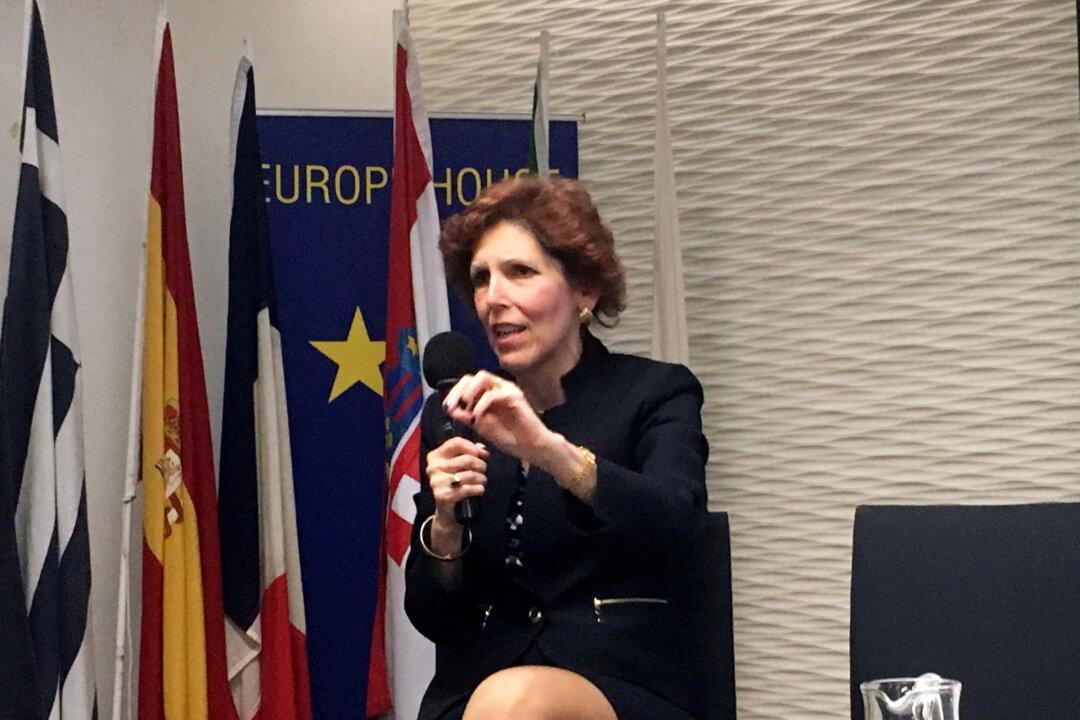The U.S. central bank is “just at the beginning” of its monetary tightening cycle and Americans should brace for interest rates to go higher as the Fed battles soaring inflation, Cleveland Fed President Loretta Mester said, while acknowledging the risk of a recession.
Mester, who is a voting member of the Federal Open Market Committee (FOMC), told CNBC in an interview that aired Wednesday that, in order to quell inflationary pressures, the Fed will have to keep hiking rates quickly to between 3 percent and 3.5 percent—and possibly higher if economic conditions warrant.





